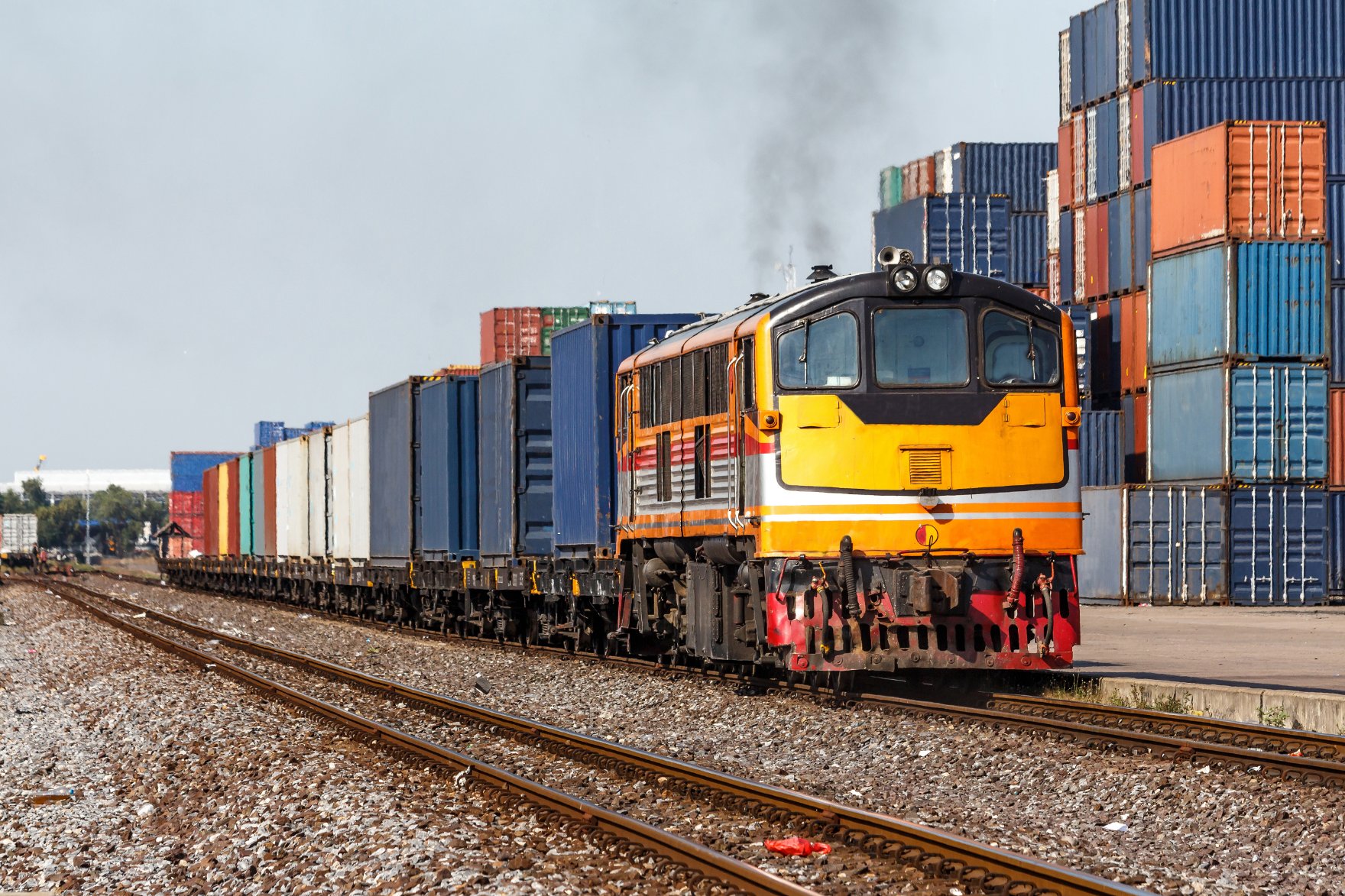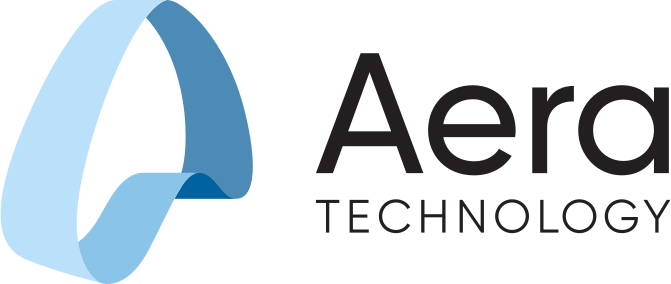Black Swan Events Are A Problem. But Let’s Not Focus On That.

On November 30th, 2022 the US avoided a supply chain calamity. The government stepped in to prevent a rail strike that would have shut down 30% of the nation's freight shipments. While this disruption was averted, imagine how many supply chain planners were dreading Monday morning because they were anticipating the next supply chain fire drill.
Consider how much less stress these planners, procurement teams, and logistics pros could have had in an environment where there’s a course of action – with a confidence interval – ready for them whenever something doesn’t go according to plan. When raw materials can’t be sourced, or costs to deliver have skyrocketed, or finished goods can’t be transported on time.
But, instead of focusing on negative black swan events, let’s examine the decisions on the other side of the coin. Think about the growth opportunities that can be game-changers for your business: utilizing inventory on the edge of expiry to drive greater profit; pursuing a logistics partnership that will save millions; aligning with more consistent suppliers to ensure better OTIF performance; or unifying optimal payment terms across all P.O.s.
Now – imagine being able to automate all of these decisions that avoid risk and capitalize on opportunity.
With advancements in technology, as a leader you can create a workplace where your employees get a proactive recommendation that identifies the best path forward in response to new disruptions (from minor to black swan) or bluebird opportunities whenever they open their laptops or look at their phones first thing in the morning.
Beyond that, consider how valuable it is for job satisfaction and bottom-line profitability when decisions are made quickly. Those teams of professionals would be free to focus on strategic, value-added activities, knowing that the number-crunching, scenario evaluation, and future hypothesizing are being handled by a machine that’s designed to minimize the potential downside when (forgive the pun) things go off the rails.
At the end of the day, while undoubtedly a painful problem, disruption isn’t the issue we need to be trying to solve. Our industry has been obsessed with disruption for the better part of two years. But now, let’s accept that it’s part of global commerce.
The problems we should focus on fixing are the inefficiencies of performance across supply chain, procurement, or finance as an outcome of a disruptive event or emerging advantage. Historically, planning platform providers have been focused much more on identifying and providing a suggested response to an event, and they are very good at that. But with increasing complexity in competitive environments, and a need to find holistic solutions, that approach is short-sighted. Because as the last two years have shown us, alerting leadership to events in a competitive environment isn’t enough.
The solution is taking the next step in an evolutionary journey to embrace technologies that move organizations towards new use cases of artificial intelligence, machine learning, and automation to proactively solve these complex challenges.
In fact, according to a recent Forrester report, “How To Prepare Your Organization For Automation-Fueled Digital Transformation,” the analysts posit:
Digital transformation is entering a new epoch in which automation is a critical competency. As the incremental gains from first-generation digital investments plateau, firms turn to automation to enhance competitive advantage. As they move beyond just automating tasks or processes, organizations must reimagine their operating models through automation. The endgame is an autonomous enterprise. To attain this, firms must evolve an enterprise wide automation fabric that weaves together workforce, processes, and technology and promotes an automation-first culture.
Aera Decision Cloud™ is just such a platform that dynamically integrates with your environment. Aera understands and harmonizes existing master data, weeds out the noise of irrelevant activities to focus on the important decisions at hand, and produces the recommended decisions that deliver the critical benefits of decision automation which will be vital to the organization's future performance.
It is important to note that while Aera Decision Cloud is not an automation fabric, the platform is a relevant example of the type of technology that is part of an automation fabric, and it delivers the evolutionary AI/ML technology outlined in the report.
Aera’s data crawlers gather internal and external data, and Aera Decision Cloud writes back the decision, its context, and its outcomes to your systems of record. Aera learns from the outcomes of decisions made, capturing that institutional knowledge for the future. As it learns, Aera provides a confidence interval to support future decisions.
This capability – updating all the related systems simultaneously – is a functionality unmatched in the market. To put it into layman's terms, when a procurement decision is made, the impact is updated across supply chain, finance, logistics, and other related departments to provide a truly holistic solution that both minimizes disruption as well as capitalizes on opportunity.
To learn more about how Aera Technology can help your business move from focusing on disruption to decision, watch our recent planning and automation webinar, “How to Close the Planning and Execution Automation Gap with Decision Intelligence.”






